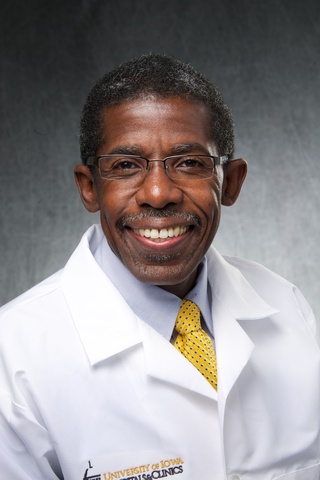
Abel is the first president of the Endocrine Society from the University of Iowa.
Abel’s appointments at the University of Iowa include: Francois M. Abboud chair and department executive officer, Department of Internal Medicine; director of the Division of Endocrinology and Metabolism; John B. Stokes III chair in diabetes research; and director of the Fraternal Order of Eagles Diabetes Research Center.
With greater than 18,000 active members, the 100-year-old Endocrine Society is the largest global membership organization representing professionals from the field of endocrinology. Physicians, scientists, researchers, and educators comprise the majority of the Society’s membership, who come from 122 countries, with 40 percent located outside the United States.
During its distinguished history, many Endocrine Society members have been elected to membership in honorific societies such as the National Academy of Medicine and the National Academy of Sciences. Ten Endocrine Society members have been awarded the prestigious Nobel Prize in Physiology, Medicine or Chemistry, with four going to Society presidents: Edward Kendall, Edward Doisy, Rosalyn Yalow, and Roger Guillemin.